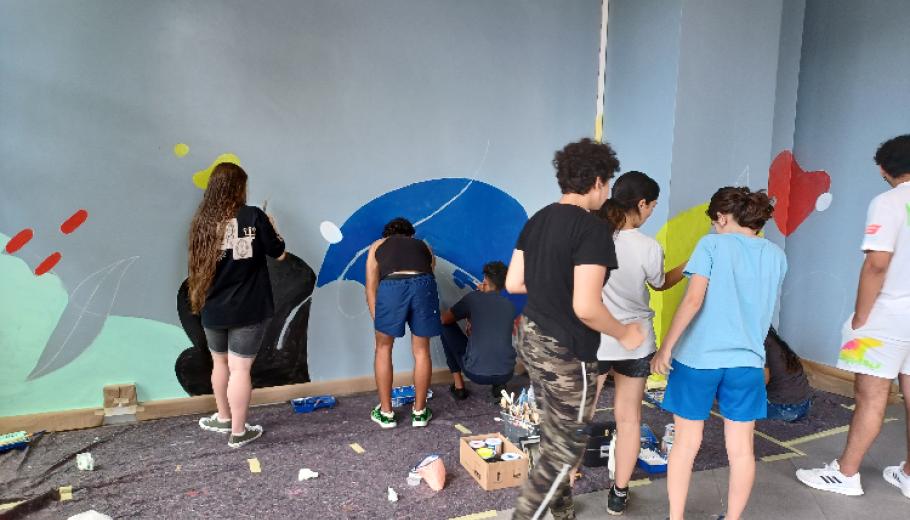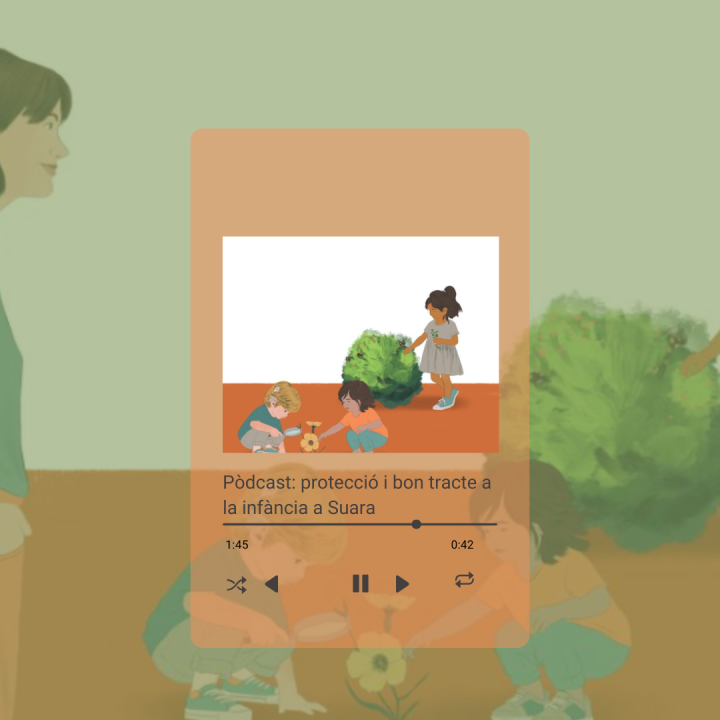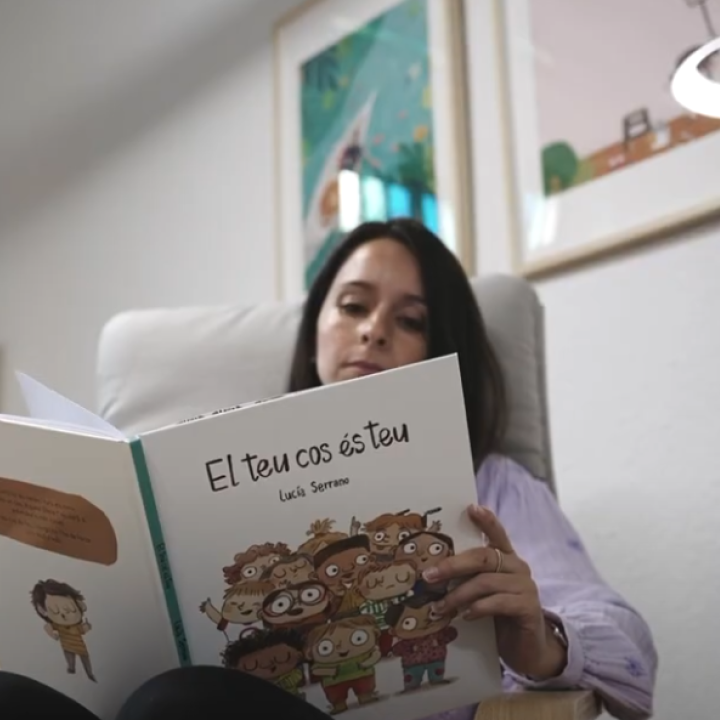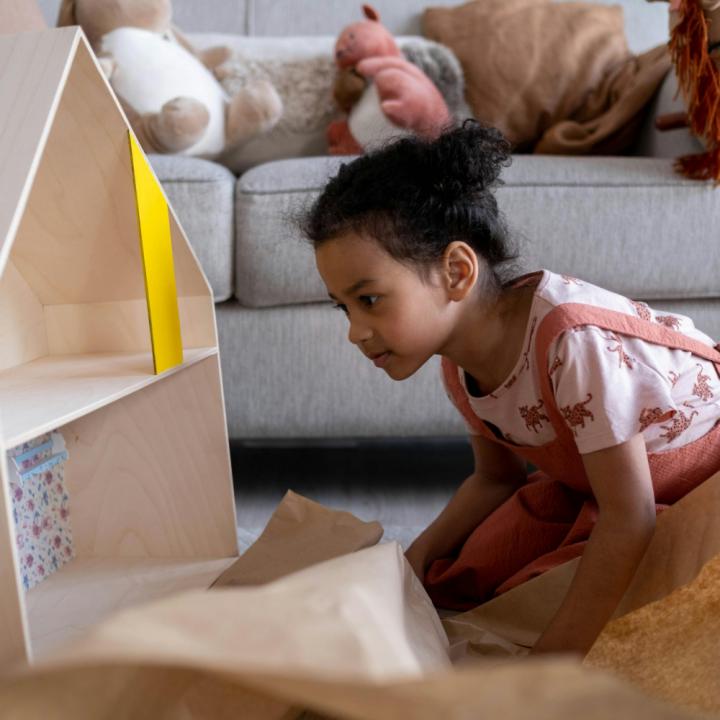Social transformations are evident, with a reconfiguration of the way of life and the values that guide our societies. For this reason, in the service Químicos Espai Jove de Girona we promote projects that encourage the participation of this group and their empowerment.
We live in an era of acceleration and high demand for skills, in which socio-educational intervention in youth facilities is presented as an opportunity for transformation. This phenomenon has a particular impact on professionals working with youth, who face new challenges and uncertainties in their work of accompanying the youth population, as Suara Cooperativa has detected in the spaces it manages.
In this context, it is essential to understand that youth facilities are educational spaces, with the responsibility of generating non-formal and informal education. This perspective encourages the design of educational projects that give meaning to the work of professionals, while it is vital to promote among the youth population educational proposals that promote cooperative values such as participation, empowerment, equality and respect for diversity.
In this context, it is essential to understand that youth facilities are educational spaces, with the responsibility of generating non-formal and informal education. This perspective encourages the design of educational projects that give meaning to the work of professionals, while at the same time it is vital to promote among the youth population educational proposals that promote cooperative values such as participation, empowerment, equality and respect for diversity.
In this way, youth facilities become agents of change, stimulating the active participation of young people in their own reality. This proposal is not only a response to the challenges of today's world and future challenges; it also promotes a space of creation and autonomy for young people. Therefore, youth participation is one of the key points for an effective educational strategy, which contributes to promote small personal and collective improvements. The educational project, then, becomes the central tool for planning and guiding these processes of learning, transformation and collaboration.
On this International Education Day, from Suara Cooperativa, we recognize the importance of adopting a clear and committed perspective with the integral formation of young people. For this reason, educating in youth facilities is not only a response to uncertain times, but also a commitment to build a more just, egalitarian and participatory society. It should be noted that the professionals who work with this group become the architects of a future that is, more than ever, built with and for young people.
What is socio-educational accompaniment?
With these premises we manage projects such as Els Químics Espai Jove, a meeting point for people from 15 to 29 years old located in the Palau - Montilivi sector of Girona, where educational and social accompaniment is offered to the group. In detail, in spaces like this, the youth population can find support for their needs, interests and information, as well as different services and activities designed for different age groups. In addition, it is a meeting place that puts people from different backgrounds in contact with each other, sharing experiences and good times.
To make this initiative possible, in Els Químics Espai Girona we work with a socio-educational model based on habits that promote autonomy, self-esteem and mutual help, emotional management and motivation of young people.
Químicos Espai Jove, as an educational service outside the school, "provides a significant educational value by providing an environment in which young people can learn social skills, develop their identity, participate in activities and at the same time be accompanied in their different life processes. This space can also promote personal growth and encourage active participation in the community" explain Esther Fernandez and Laura Mora, referent educators of Químicos Espai Jove and partners of Suara Cooperativa.
Therefore, in initiatives such as these or other Suara Cooperativa's socio-educational services aimed at young people, the aim is to offer educational support outside school hours, a space as well as a place where attendees can expand their relational network, participate in leisure activities, receive emotional support. In addition, in these spaces, the workers become agents of social prevention.
Beyond that, services such as Els Químics Espai Jove are also normalizing enclosures where all people participate equally, regardless of their origin, sex, religion, culture, sexual or gender orientation, among others. Therefore, values such as respect for diversity are promoted, since it is a meeting place where people from different realities interact with each other in healthy and quality leisure activities.
The importance of intercooperation
However, at Suara Cooperativa we are aware that we cannot carry out this task alone and that inter-cooperation is essential, which is why we are committed to a comprehensive model that includes young people and their environment. For this reason, we work in coordination with the family or guardians, the educational centers and we count on the participation of community facilitators.
In the case of Els Químics Espai Jove, one of the main actors with whom we coordinate is the city council of Girona, especially with the areas of youth and social services; but also with the culture or municipal employment service.
In the specific case of social services, it is the entity that refers young people in a situation of social exclusion, which we then accompany in our services. Therefore, we collaborate with the workers of these services to detect the needs of young people, develop work plans and follow up on each case.
Beyond this, we also collaborate with entities and agents of the territory such as civic centers, libraries or youth organizations. With these we maintain a close relationship in the general management of the service and equipment, in the lines of intervention and support us in the programming and / or dissemination of scheduled activities.
Thus, on International Education Day it is necessary to reflect that schools are not the only place where it is necessary to educate young people. They can acquire a lot of academic knowledge, but education must also be more global and must also include, for example, leisure activities. In this sense, only in a more playful environment will it be possible to acquire other key knowledge for this society, such as equality, respect for diversity or cooperation, while at the same time providing spaces to encourage the participation of young people, manage their emotions and empower themselves. Undoubtedly, this task cannot be developed by the entities alone, but it is essential the intercooperation between all the agents of this society.




